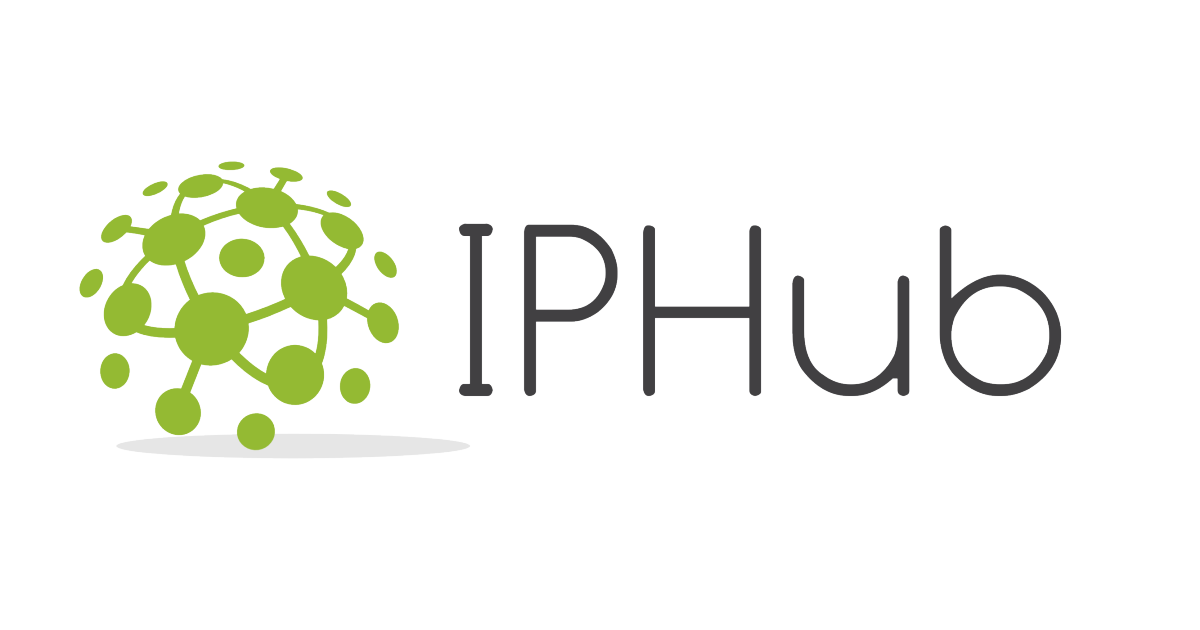Our company provides support services for Japanese patent firms, and we deal with tons of technical documents every day.
Intermediate processing for outbound patent applications, analyzing office actions, checking English specifications… While searching for ways to streamline these tasks, I discovered Claude, a generative AI assistant based on Large Language Model (LLM).
Let me share how someone like me, who’s basically below beginner level at programming, managed to integrate Claude into our daily operations and even got advanced features working!
🎯Starting from Patent Document Processing Challenges
We work in an industry that’s all about technology itself. We need to understand our clients’ cutting-edge innovations and document them accurately. And in this tech-focused industry, it was crystal clear that AI usage would become standard sooner or later.
“I want to master these tools now, both for learning and practical use”
This was my biggest motivation for diving into AI implementation. I believed it was crucial to integrate these tools into our workflow before the competition heated up.
But even more importantly, I wanted to understand through hands-on experience what AI can do versus what only humans can do.
In patent work, how much can we delegate to AI, and where is human expertise essential? What skills will humans need in this industry going forward? I was driven by the desire to figure all this out.
🤖Meeting Claude
While researching AI options, I compared various services: ChatGPT, Gemini, and Claude…
I ultimately chose Claude for two main reasons:
- Trustworthy handling of user data
Patent documents are highly confidential, requiring extreme care in data handling. Anthropic’s privacy policy and data handling practices met our strict requirements. - Natural document generation
When creating reports for clients or instructions for foreign associates, Claude’s output was natural, readable, and chose appropriate expressions even for specialized content.
🔧Discovering Extensions to Make Claude Even Better
Claude has this handy feature called Project Knowledge that lets you manage documents by project. However, our daily work required more:
- Direct access to locally stored past case documents
- Efficient integration of the latest patent publications and technical information from the web
- Unified handling of various document formats like Word and PDF
That’s when I discovered through online searching that Anthropic had released open-source extensions (MCP: Model Context Protocol).
Honestly, as someone below beginner level at programming, I thought this would be way too difficult.
Command prompt? Python? Node.js? I’d heard these terms but never touched any of them…
But here’s where I made an amazing discovery: You can learn how to use everything by talking with Claude itself! If something wasn’t clear, I could just ask Claude. It was literally like studying with a teacher by my side.
💰Starting from Just $20/month
The accessibility of starting with Claude Pro at just $20/month was a huge plus.
Even better, the technical tools needed for extensions are almost all free:
- Python & Node.js – Open source and completely free
- MCP servers – Many servers published by Anthropic and the community are also free
- The only cost is Claude’s subscription
In my case, due to the volume of documents we handle, I now use the Claude Max plan ($100/month). But considering the efficiency gains, it more than pays for itself.
🚀Looking Ahead
If this article gets a good response, I’d love to share more specific examples of using Claude AI!
- Checking patent specification translations using prompt templates
- How to use it for examining office actions
- What I’ve learned about leveraging both AI and human strengths through collaboration
If you found this helpful, please hit that 👍“Like” button!
📝Additional Information
About Claude API
I considered using Claude’s API but decided against it for now. With our small team size, the desktop version is sufficient, and the pay-per-use API model would make budget management more complex. We’ll reconsider when our business expands in the future.
Email Automation for Enhanced Efficiency
Actually, I’ve set up a system to leverage Outlook emails with Claude too. Using Power Automate, whenever an email arrives in specific mailboxes, it automatically saves the email content locally in both EML and Markdown formats. These saved emails can be directly accessed by Claude through the Filesystem MCP, making it smooth to analyze email content and draft responses.
Using with Windows 365
We run Claude (desktop version) on Windows 365. This allows secure access from anywhere in remote environments, enabling us to work with the same setup whether at home or traveling. It’s a configuration that gives us peace of mind security-wise.
📚 Next Article: Technical Setup Guide
For the technical setup to make Claude even more powerful, I’ve prepared a detailed guide with Claude’s help.
▶️ Continue to “MCP Server Setup Guide – Compiled with Claude!”

